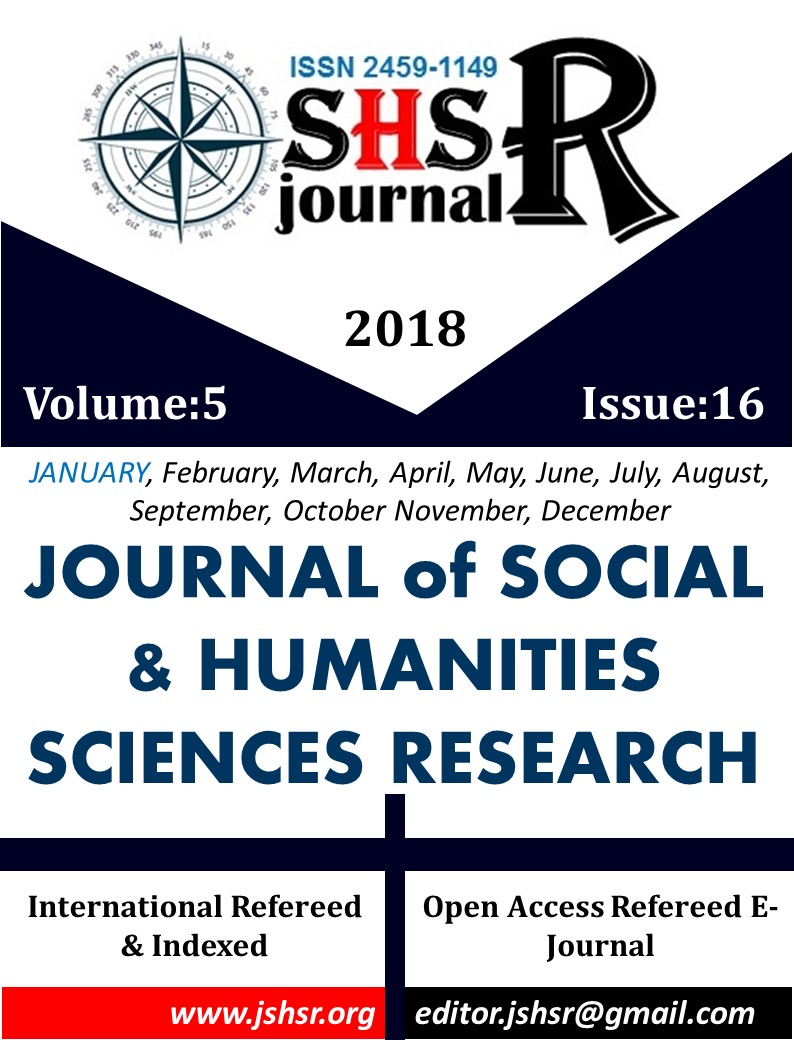IMPACT OF KITSCH ON URBAN IDENTITY: A CASE STUDY ON TRABZON CITY
DOI:
https://doi.org/10.26450/jshsr.312Keywords:
Urban identity, the city of Trabzon, kitsch, cultureAbstract
The first image that comes to mind when the name of a city is mentioned reflects the urban identity. Urban identity is formed over a long period of time, as a result of the relations between the buildings and between the buildings and their immediate environment and each other and due to a planned and sensitive development. Establishment of the city of Trabzon dates back to 2000 BC, and it is one of the rate cities in history that has attracted a global attention at every epoch due to its location. Its location at the most vital juncture on the silk road between Europe and Asia, the fact that it hosted several civilizations throughout history helped the city of Trabzon to acquire an urban identity and gain a privileged status. However, the industrial and demographical developments that accompanied industrialization have affected Trabzon similar to all urban areas and have resulted in radical urban changes. The city, which was unprepared for such a change was negatively affected and it began to lose its identity. The relationship between 'kitsch', also known as degenerate taste' and false aesthetics', and the society and environment and its impact on the urban identity of Trabzon is identified as the research problem. In the present study, the concept of "kitsch" was scrutinized as a consequence and an indicator of popular culture and de-identification and its impact on culture, identity and the city of Trabzon were discussed.
Downloads
Published
How to Cite
Issue
Section
License
Copyright (c) 2018 INTERNATIONAL JOURNAL OF SOCIAL HUMANITIES SCIENCES RESEARCH

This work is licensed under a Creative Commons Attribution 4.0 International License.


